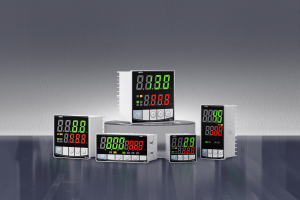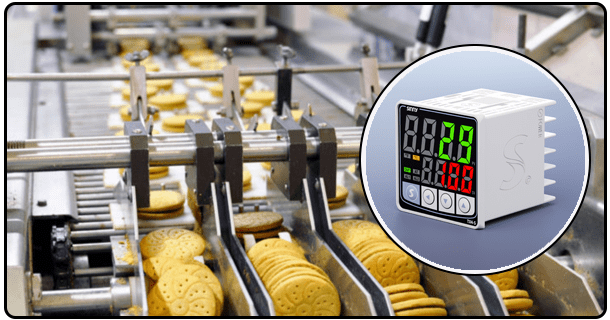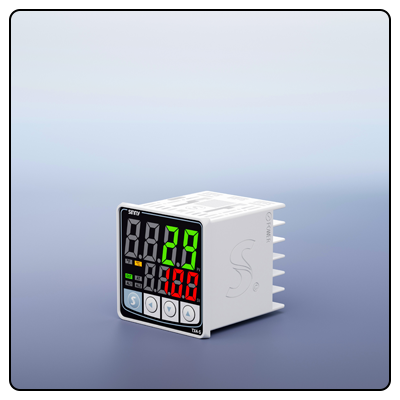How to Wire a Digital Temperature Controller: A Step-by-Step Guide
Learn how to wire a digital temperature controller with this comprehensive guide. Understand the components, safety precautions, wiring steps, and troubleshooting tips for accurate temperature control.
1. Introduction
Digital temperature controllers are indispensable tools that provide precise temperature management across a variety of applications, but for optimal operation they must be wired correctly to operate accurately and reliably. This guide will cover how to wire one correctly so you understand its components, safety precautions, and troubleshooting tips - everything needed for successful operation of a digital temperature controller!
2. Components Needed
To wire a digital temperature controller, the following components will be necessary. * Digital Temperature Controller: The primary device responsible for controlling temperatures.
Temperature Sensor:
This includes thermocouples or RTDs used to accurately record and display temperatures.
Heating or Cooling Device:
Used to control temperature as necessary.
Power Source:
To power both the controller and all other components.
Connecting Wires and Terminals:
For creating the necessary electrical connections.
3. Safety Precautions
Before commencing any wiring process, it is critical that we follow certain safety precautions to minimise accidents and ensure correct operations: * Power Off: Anytime engaging electrical services for wiring work or installations, always turn off all power.
Protective Gear:
Wear appropriate protective equipment when working outdoors, particularly around power tools such as gloves and safety glasses.
Comply With Manufacturer Instructions:
Follow any and all directions provided by the manufacturer of temperature controller and other components.
Steps for Wiring the Digital Temperature Controller
Identify Terminals
To wire a digital temperature controller successfully, first become acquainted with its terminal layout - commonly these labels include power supplies L and N as well as sensor input/output and any output for heating/cooling devices.
To connect a power supply, connect its live (L) and neutral (N) terminals with their counterpart terminals on a controller to secure all connections for no loose wiring issues.
Connect the Temperature Sensor
Secure the temperature sensor to its designated input terminal on the controller; depending upon its type (thermocouple or RTD), specific wiring instructions will apply; please refer to its documentation for accurate connections.
4. Connect an Output Device
When connecting heating or cooling devices, ensure polarity is correct and connections are secure in order to avoid any malfunction.
Configuring Your Controller
After wiring has been completed, the next step should be configuring the digital temperature controller in order for it to function optimally:
Assign Your Target Temperature (Setpoint)
To do this, input the target temperature that you wish to maintain into the controller and enter this into Step Two of our process. For an even smoother experience.
Set Your TemperatureAdjust the Control Parameters
Depending on the model of controller used, certain controls parameters like hysteresis or proportional band may need to be modified in order to fine-tune temperature control.
*After Setting Up* To ensure the controller is operating accurately, test its setup by monitoring temperature readings and device responses such as heating or cooling devices.
5. Troubleshooting
Should any wiring or operational problems arise with your digital temperature controller, here are a few troubleshooting strategies:
Wrench Connections * Before initiating any sensor testing or deployment procedures, ensure all connections are secure and correctly wired as loose connections or incorrect wiring could lead to malfunction.
Validate Sensor Function Conduct Temperature Check * To make sure the sensor is operating as intended, as an inaccurate reading could signal its malfunction and alter temperature readings accordingly. Its 3 Review Controller Settings To double-check that they've been configured correctly for your application.
6. Conclusion
Wiring a digital temperature controller involves understanding the components, following safety precautions, and making accurate connections. Proper configuration and testing are essential to ensure reliable temperature control. Regular maintenance and checks will help maintain the system's performance and longevity.
- How to Program a PID Temperature Controller: A Comprehensive Guide
- How to Calibrate an Inkbird Temperature Controller























